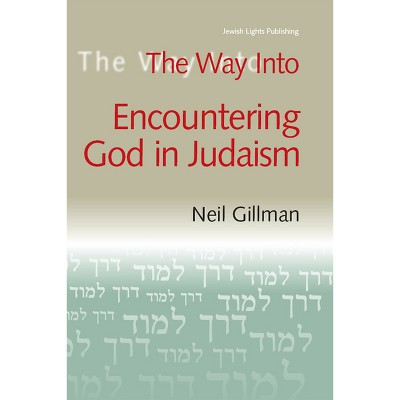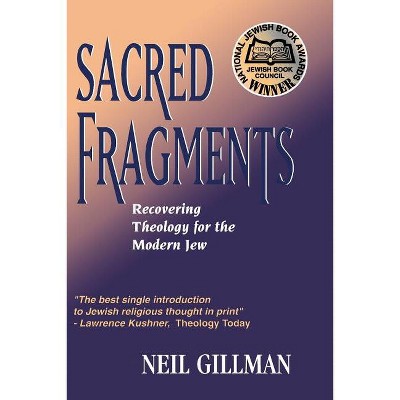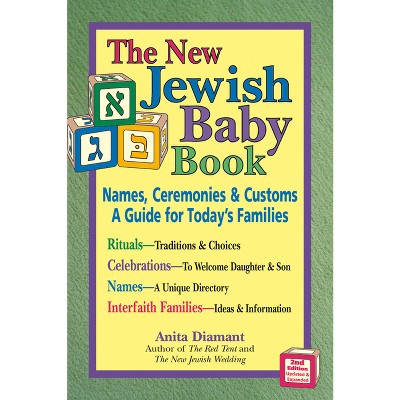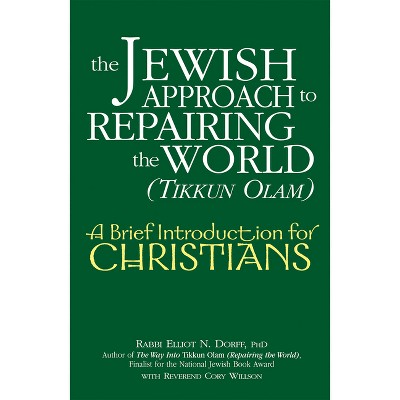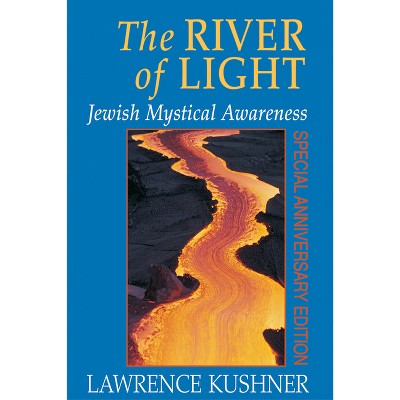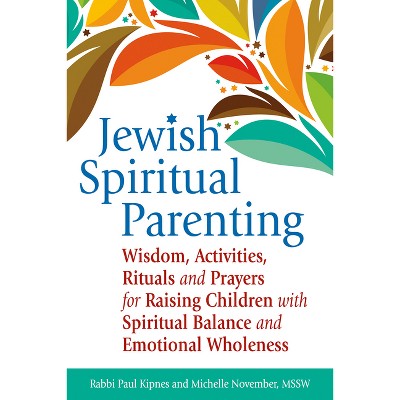About this item
Highlights
- With clarity and passion, noted theologian Neil Gillman explores the importance of community, symbol and myth in evolution of Jewish thought and reveals extraordinary insights into the purpose of religion, our relationship with God and Jewish identity.
- Author(s): Neil Gillman
- 300 Pages
- Religion + Beliefs, Judaism
Description
About the Book
With clarity and passion, noted theologian Neil Gillman explores the importance of community, symbol and myth in evolution of Jewish thought and reveals extraordinary insights into the purpose of religion, our relationship with God and Jewish identity.Book Synopsis
With clarity and passion, noted theologian Neil Gillman explores the importance of community, symbol and myth in evolution of Jewish thought and reveals extraordinary insights into the purpose of religion, our relationship with God and Jewish identity.Review Quotes
For the past twenty years Rabbi Neil Gillman has been one of the leading American thinkers on Jewish theological issues. This volume can be seen as a summing-up of his thought over the past decades, as he prepares to retire from the faculty of the Jewish Theological Seminary. The essays come from a variety of sources, including Sh'ma, Conservative Judaism, and other journals and books from the mid-1980s up to 2006.
The book is divided into sections on God, Torah and Israel, but is not rigorous in differentiating the topics. The first section contains a wonderful article on prophecy in the works of Heschel, and another on renewed interest in resurrection over the past half-century. In the second section Gilman discusses the role of the Jewish philosopher; this portion also includes an analysis of rabbinic education written in 1990. The third section focuses on the Conservative movement as it approaches its official centennial. It includes suggestions for establishing theological principles and "A New Aggadah" for the movement.
Rabbi Gillman's work is always worth reading. His essays give the serious reader food for thought. This book is recommended for academic libraries and Conservative synagogues, and also suggested for synagogues whose rabbis and members are interested in the ongoing flow of theological discussion.







